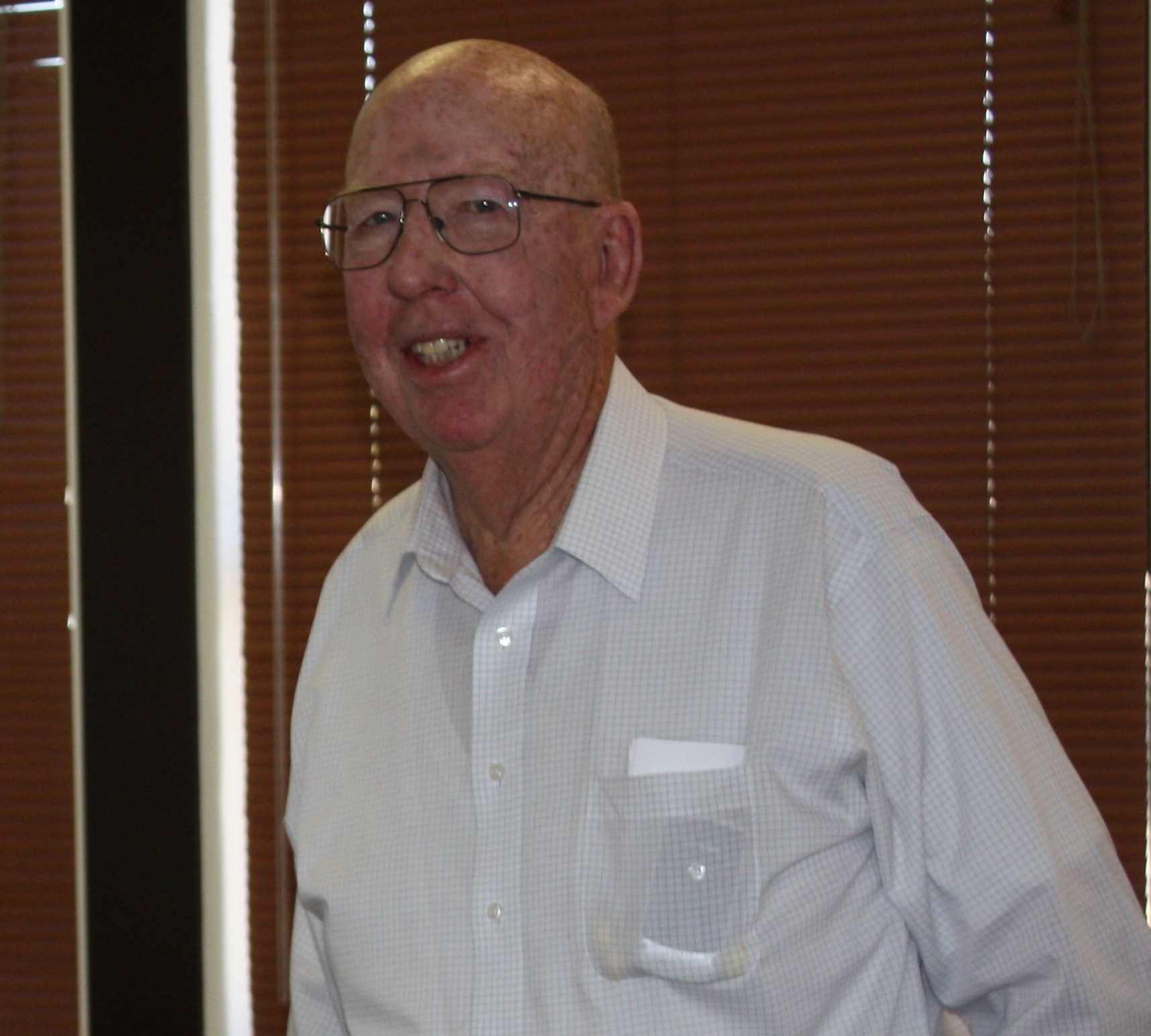The California State Legislature has now adjourned the 2013-2014 Legislative Session. Some key bills were dealt with in the final week of Session and now sit on the Governor’s desk awaiting his action. The Governor has until September 30, 2014 to sign or veto legislation presented to him.
AB 1522 (Gonzalez): Employment: Paid Sick Days
Summary: Enacts the Healthy Workplace, Healthy Families Act of 2014. The Act entitles an employee who, on or after July 1, 2015, and works in California for thirty or more days a year, to paid sick days accrued at a rate of no less than one hour for every thirty hours worked.
Outcome: Passed out of the Assembly 52-25; Passed out of the 22-8.
AB 1739 (Dickinson): Groundwater Management
Summary: This bill is part of a groundwater management package that also includes SB 1168 (Pavley) and SB 1319 (Pavley). The bill would authorize the Department of Water Resources (Department) or a groundwater sustainability agency (as defined in SB 1168) to provide technical assistance to entities that extract or use groundwater to promote water conservation and protect groundwater resources. Groundwater sustainability agencies would be required to submit a groundwater sustainability plan to the Department for review. The bill authorizes the California State Water Resources Control Board (Board) to designate a basin as a probationary basin, and would authorize the Board in consultation with the Department to develop an interim plan for a probationary basin if a local agency has not remedied a deficiency.
Outcome: Passed out of the Assembly 47-28; Passed out of the Senate 26-11.
AB 1897 (Hernandez): Labor Contracting: Client Liability
Summary: Would require a client employer to share with a labor contractor all civil legal responsibility and civil liability for all workers supplied by that labor contractor for the payment of wages and the failure to obtain valid workers’ compensation coverage.
Outcome: Passed out of the Assembly 47-24; Passed out of the Senate 22-12.
AB 2416 (Stone): Liens: Laborers and Employees
Summary: Enacts the California Wage Theft Recovery Act which would authorize employees to request the Labor Commissioner record, on his or her behalf, a wage lien upon real and personal property of an employer for unpaid wages and other compensation owed to the employee.
Outcome: Held in the Senate 13-15.
SB 25 (Steinberg): Agricultural Labor Relations: Dispute Resolution
Summary: Provides that an action to enforce the order of the Agricultural Labor Relations Board may be filed within sixty days whether or not the other party is seeking judicial review of the order.
Outcome: Passed out of the Senate 22-12; Passed out of the Assembly 42-25.
SB 605 (Lara and Pavley): Short-Lived Climate Pollutants
Summary: Would require the State Air Resources Board to complete a comprehensive strategy to reduce emissions of short-lived climate pollutants.
Outcome: Passed out of the Senate 23-12; Passed out of the Assembly 53-24.
SB 1168 (Pavley): Groundwater Management
Summary: This is one of two senate bills that complete the groundwater management package. SB 1168 would create a state policy that groundwater resources be locally managed for long-term reliability and multiple economic, social and environmental benefits. The bill would require groundwater basins designated as high- or medium-priority by the Department of Water Resources and designated as basins subject to critical conditions of overdraft to be managed under a groundwater sustainability plan by January 31, 2020. It would require all other groundwater basins designated as high- or medium-priority to be managed under a groundwater sustainability plan by January 31, 2022. The bill authorizes a local agency to elect to be a groundwater sustainability agency which would have specific authority including, but not limited to, the ability to require registration of a groundwater extraction facility, to require that groundwater extraction facility be measured with a water-measuring device, and to regulate groundwater extraction.
Outcome: Passed out of the Senate 25-10; Passed out of the Assembly 47-27.
SB 1319 (Pavley): Groundwater
Summary: Would authorize the California State Water Resources Control Board (Board) to designate certain high- and medium-priority basins as a probationary basin if, after January 21, 2025, prescribed criteria are met, including that the state board determines that the basin is in a condition where groundwater extractions result in significant depletions of interconnected surface waters. AB 1739 would authorize the Board in consultation with the Department of Water Resources, to develop an interim plan for a probationary basin if it determines that a local agency has not remedied a deficiency. This bill would prohibit the Board from establishing an interim plan before January 1, 2025.
Outcome: Passed out of the Senate 24-10; Passed out of the Assembly 48-26.
The Associations have opposed these bills and have sent, or are in the process of sending, veto requests to the Governor.

